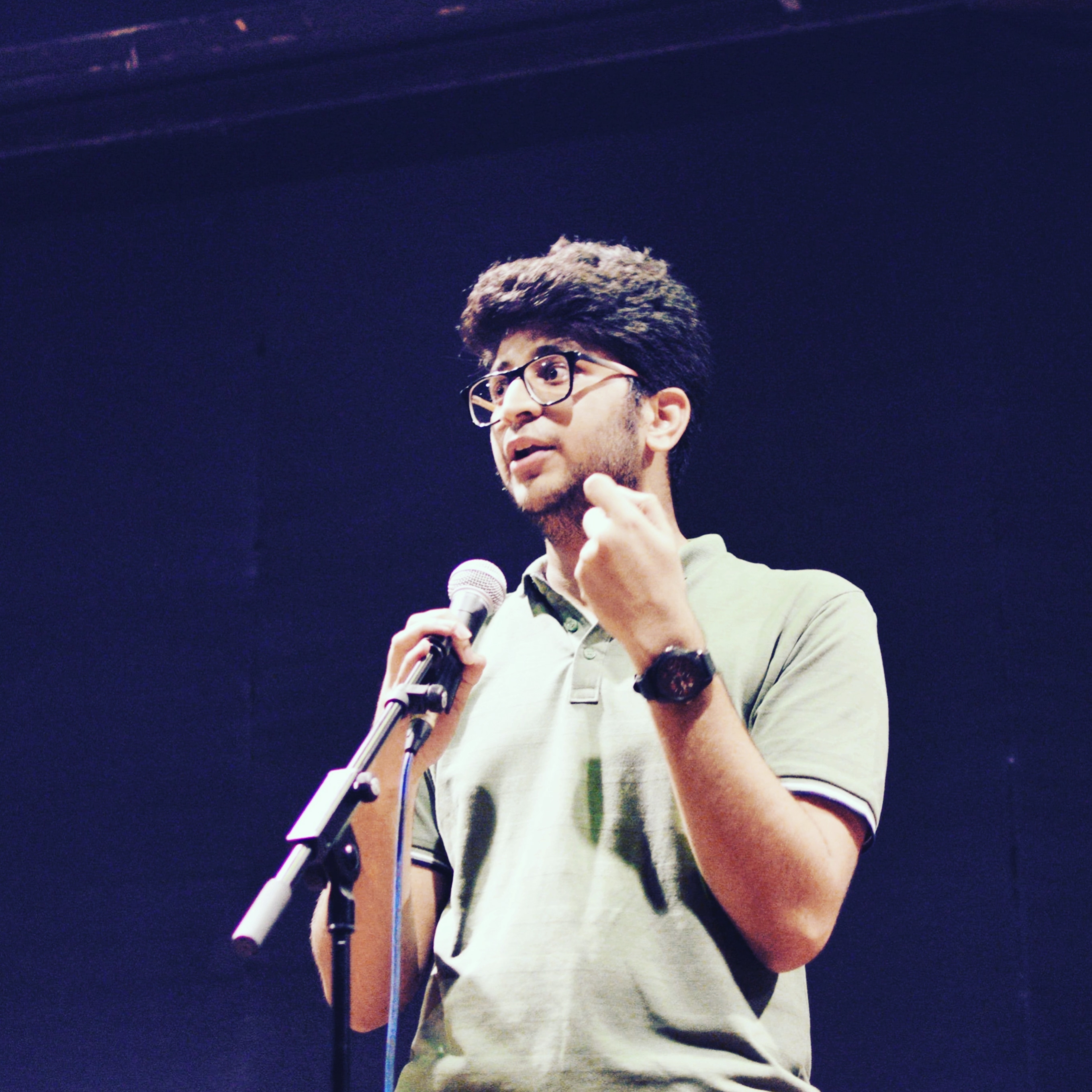Cosmology/Astrophysics Projects
1. New Degrees of Freedom using N~eff~ (Effective Neutrino Species) measurements of CMB
(May 2023 - Present)
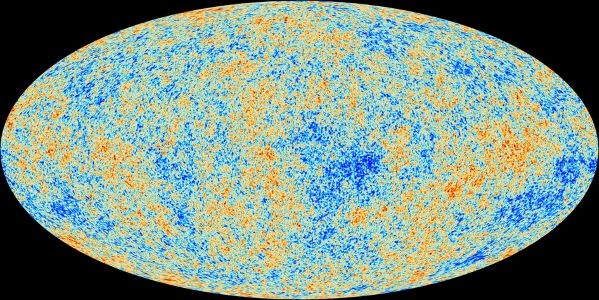
Guide : Prof Adam Ritz $\mid$ University of Victoria, BC, Canada
Report: Click Here
Presentation: Click Here
Description:
Developed a computational code to calculate N~eff~ for analyzing various dark matter models. Successfully replicated results for a model involving dark matter interacting with the SM via massive dark photons
Currently, investigating a model incorporating heavy sterile right-handed neutrinos
Studied the contributions of LO and NLO QED corrections to Standard Model N~eff~ calculation
Reviewed CMB Anisotropy Power Spectrum and understood the effect of N~eff~ on CMB Damping Tails
Examined the role of CMB-S4 in improving the precision of N~eff~ measurement and breaking the degeneracy between $Y_P$ (Helium Abundance) and N~eff~ using CMB polarization observations
2. Optimal Parameter Constraints for Dark Energy Models
(March 2022- Present)
Guide : Prof Bharat Ratra, Kansas State University
Github: Click Here
Report(s): Report 1 Report 2
Description:
Applied Markov Chain Monte Carlo (MCMC) simulations to constrain model parameters like Baryon, Dark Matter, Dark Energy density and $H_o$ for $\Lambda$CDM, XCDM and $\phi$CDM models using H(z) and BAO data
Aiming to extend the parameter constraints analysis to other datasets like Supernova IA, Quasar Angular Size and H II starburst galaxy data by employing MontePython and CLASS code
Read about various Cosmological Tests including Gravitational Lensing, Bolometric Distance Modulus, Galaxy Count
3. Investigation of Dark Matter in Cosmological 21 cm signals
(December 2021 - Present)
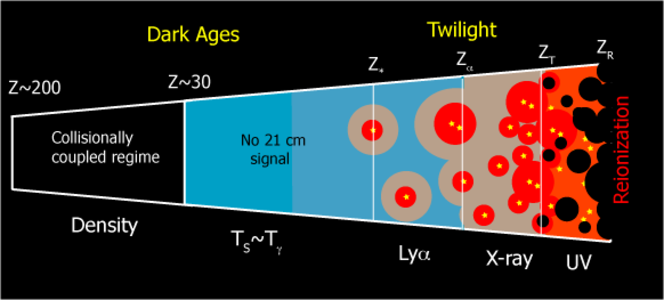
Guide : Prof Vikram Rentala, IIT Bombay
Github: Click Here
Report: Click Here
Video Presentation: Click Here
Cosmology Lecture Notes: Click Here
Description:
Working on deriving constraints for millicharged dark matter models using data from SARAS 3 by developing a code to track the temperature evolution of baryons and dark matter particles
Gained proficiency in key concepts, including distinction b/w Brightness and Spin Temperature, in-depth exploration of Radiative Transfer Equations, and presented findings in a seminar
Completed the first nine chapters of Scott Dodelson’s cosmology text, establishing a strong theoretical foundation covering topics such as matter inhomogeneities, linear structure growth, and inflation
4. Photometric Properties of High Redshift Galaxies using JWST
Summer Research Internship| National Centre for Radio Astrophysics(NCRA), Pune
(June 2022- Feb 2023)
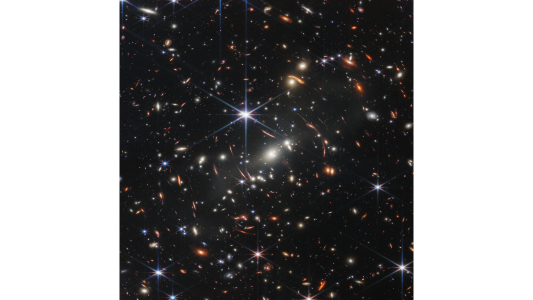
Guide : Prof Yogesh Wadadekar, NCRA Pune
Description:
Worked on preparing a catalog of properties like Redshift, Mass, Star Formation Rate of ~ 60,000 high redshift galaxies using Grizli pipeline from CEERS (Cosmic Evolution Early Release Science Survey) data
Studied aspects of extragalactic astronomy like Galaxy Morphology, Evolution, Clusters and the High Redshift Universe from Peter Schneider’s book Extragalactic Astronomy and Cosmology
Attended introductory Radio Astronomy Lectures on Pulsars, AGNs, Interferometry and visited the Giant Meterwave Radio Telescope (GMRT) Observatory located in Pune
5. Gravitational Waves from Freely Precessing Rigid Bodies
Course Project| PH 821: Gravitational Waves Physics and Astronomy
(October 2022 - November 2022)
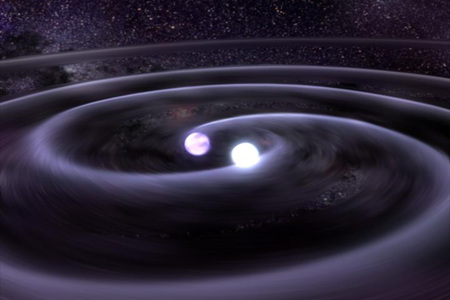
Guide : Prof Archana Pai, IIT Bombay
Report: Click Here
Video Presentation: Click Here
Description:
Performed analytic calculations for the Gravitational Wave (GW) amplitude corresponding to plus (+) and cross $(\times)$ polarisation and power radiated in GWs from a rigid body precessing about its axis
Estimated the order of magnitude of Gravitational Waves emitted from pulsars and presented the work as a seminar for the course
Proteomics Research Project
1. Mutant Peptide Analysis in Covid-19 affected Indian Patients
(May 2021 - February 2022)
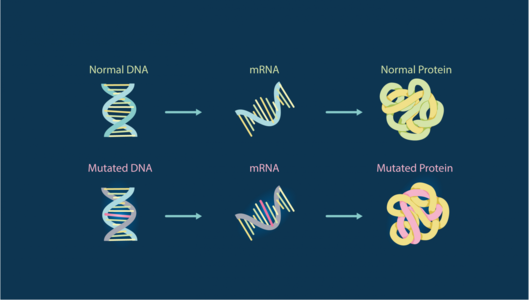
Guide : Prof Sanjeeva Srivastava, IIT Bombay
Publication:Link to the Paper
Description:
Completed the 21 day Proteomics Internship Orientation Program and learnt about various proteomics approaches like gel based, label based and targeted proteomics
Trained in various Bioinformatics tools like Maxquant, Reactome and Proteome Discoverer
Written python scripts to extract specific Sars-Cov-2 protein sequences and identify correct frame from a three-frame translated proteomic data of Covid-19 affected Indian Patients
Other Physics Projects
1. Elementary Particle Physics (Reading Project)
(May 2021 - July 2021)
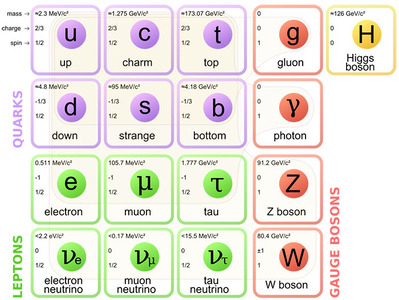
Guide : Ms Archana Maji, Msc Physics Student, IIT Bombay
Report: Click Here
Video Presentation: Click Here
Description:
Studied the properties of elementary particles, their classification schemes and their interactions with the help of Feynman Diagrams and the Conservation Laws governing these interactions
Learnt about Noether’s theorem and some fundamentals of group theory focusing mainly on Lie Groups and explored properties of certain lie groups like SU(n), SO(n) and $SL(n,\mathbb{C})$
Looked into Flavor Symmetry to understand Quark Models like baryon decuplets and meson nonets by studying the combinations of up, down and strange quarks to form mesons and baryons
2. Correcting Stellar Aberration using Curve Fitting
(August 2021)
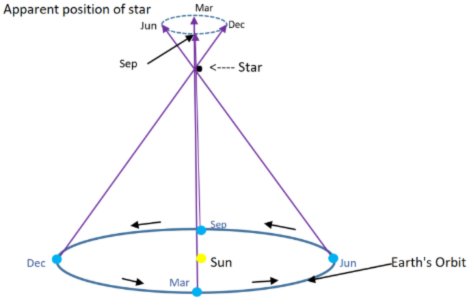
Guide : Krittika, The Astronomy Club, IIT Bombay
Github: Click Here
Report: Click Here
Description:
Obtained the relation between Apparent Ecliptic Coordinates of a star and its True Ecliptic Coordinates using relativstic velocity addition
Computed the true position of a star using Curve-Fitting, given its apparent position over a year
Machine Learning Projects
1. n3URL
(March 2021 - July 2021)
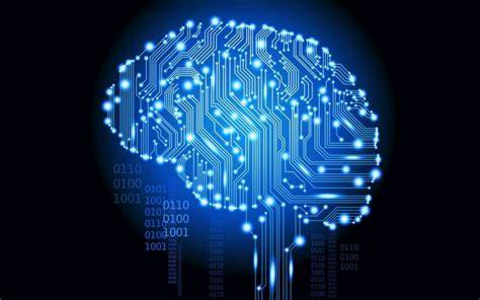
Programme : Institute Technical Summer Project, Institute Technical Council, IIT Bombay
Github: Click Here
Report: Click Here
Video Presentation: Click Here
Description:
Implemented a Convolutional Neural Network and trained it on Electroencephalogram data to classify EEG signals based on whether the user is thinking about left or right movement
Used simulated EEG signals to control movement in the Breakout game with 75% accuracy
Selected as one of the top 6 teams among 50 teams that participated in the competition
2. Convolution Neural Networks(CNN) and its applications
(March 2021 - July 2021)

Programme : Seasons of Code, Web n Coding Club, IIT Bombay
Github: Click Here
Report: Click Here
Video Presentation: Click Here
Description:
Implemented the ResNet50 architecture with transfer learning from the Imagenet project and used it for the multilabel classification problem of classifying movie posters based on their genres
Achieved 18% accuracy for predicting all genres and 80% accuracy for predicting a single genre
Learnt about various types of Convolutional Neural Networks and how to implement them in Python using Tensorflow
